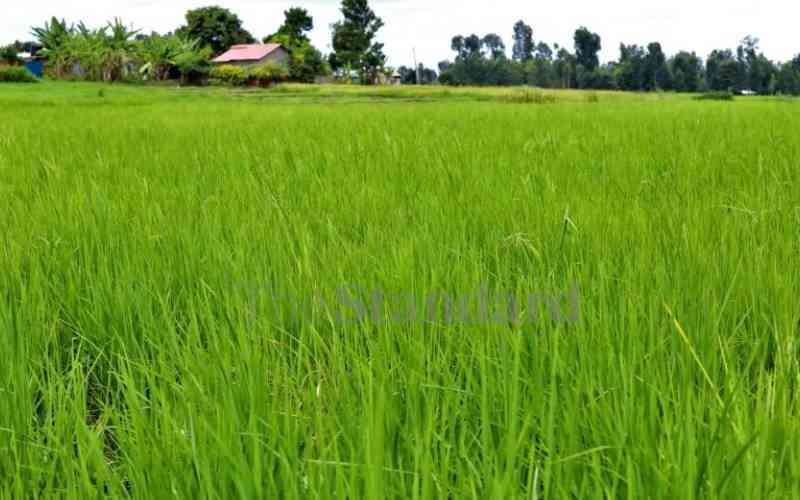×
The Standard e-Paper
Home To Bold Columnists

A new study has revealed that the invasion of apple snails poses a threat to rice production and food security in the country.
The study, conducted by researchers from the Centre for Agriculture and Bioscience International (CABI), was published on Friday in the journal Pest Management Science.